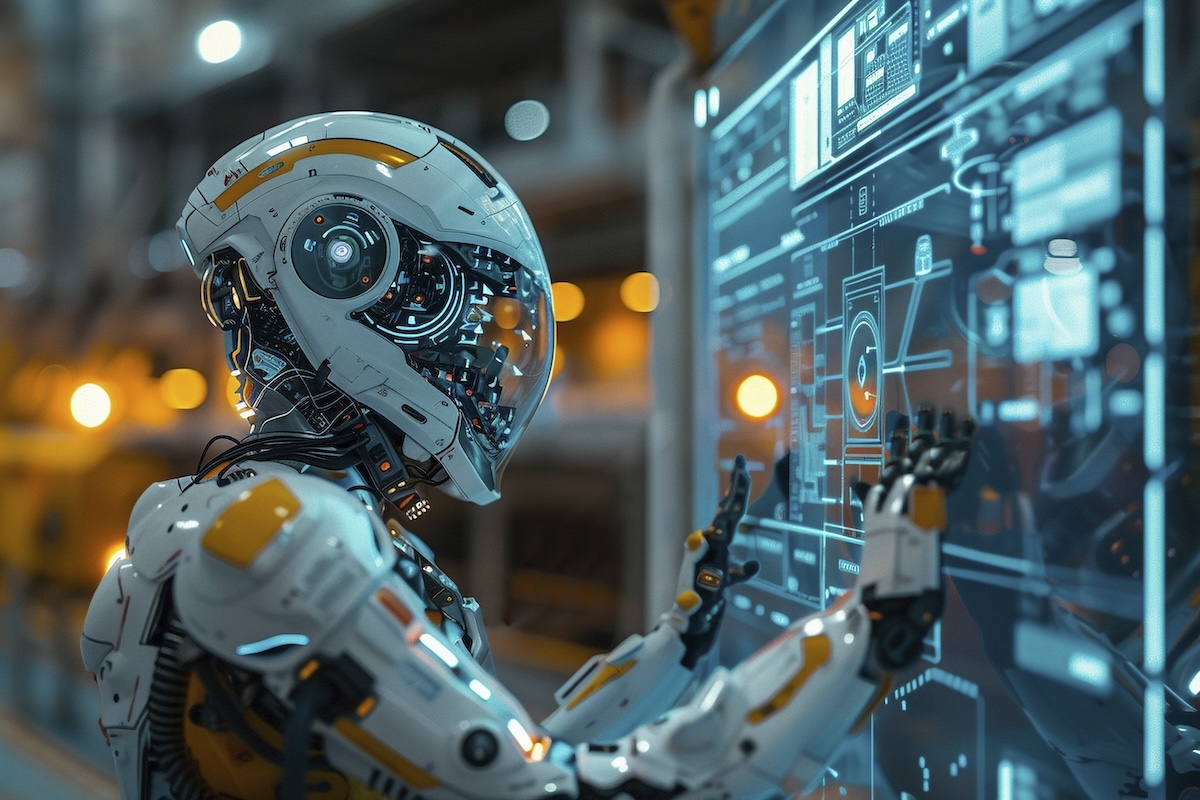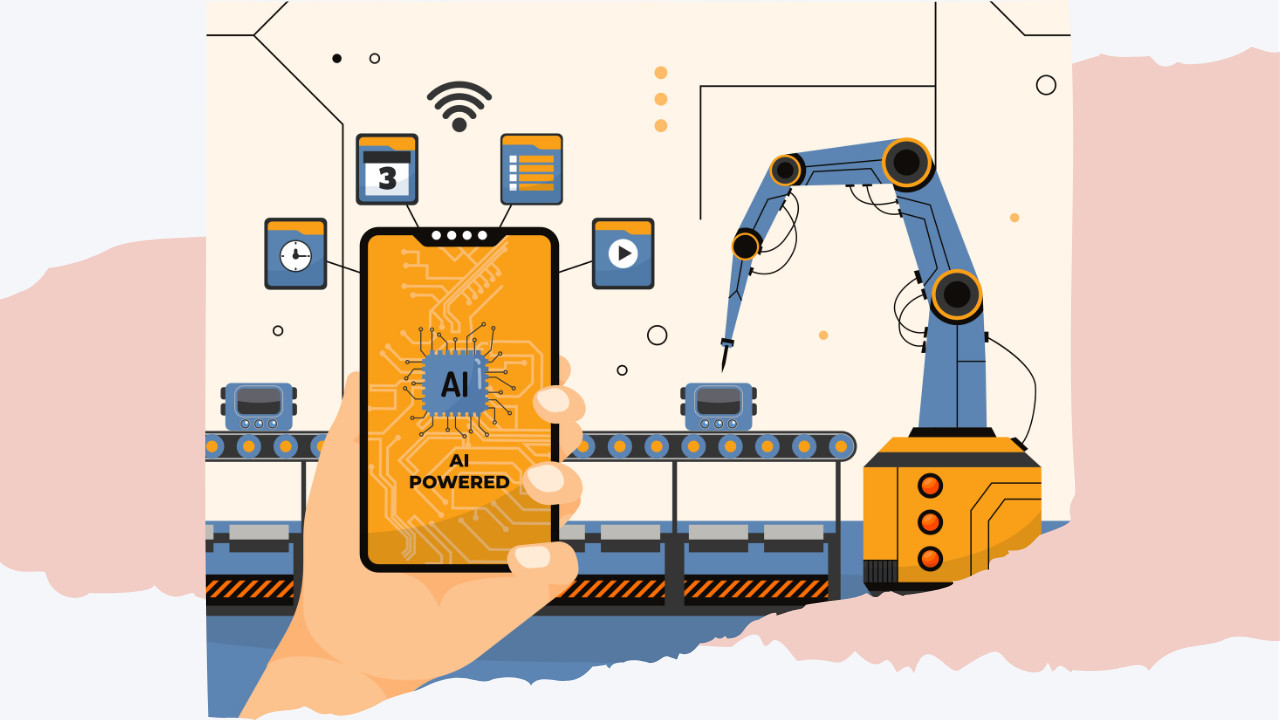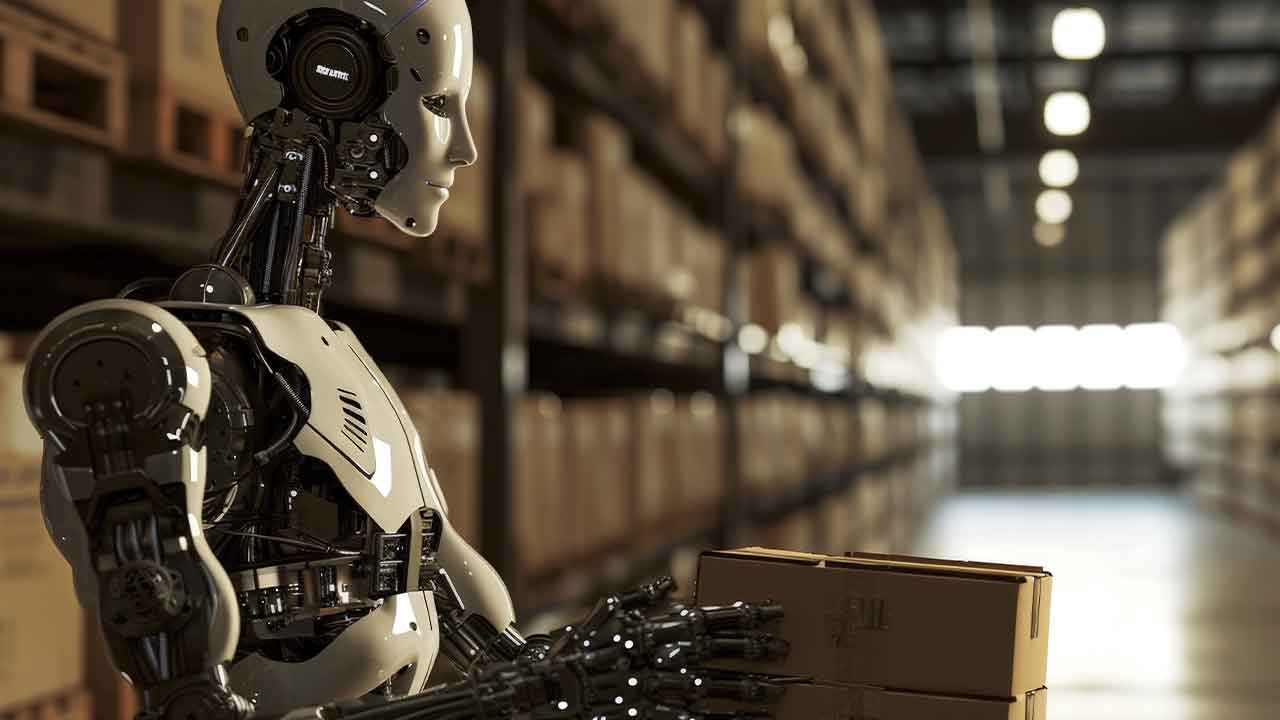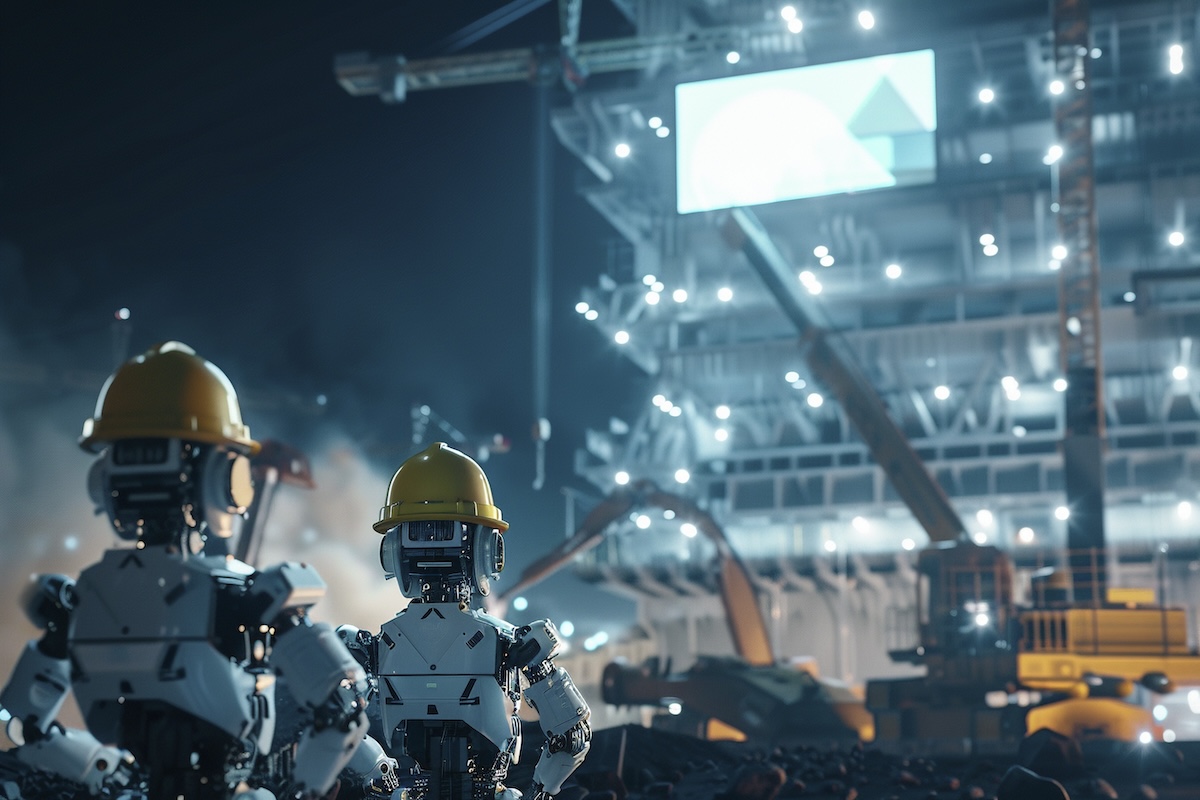AI-Driven Process Optimization in Manufacturing
AI is reshaping the manufacturing landscape, with process optimization emerging as one of its most promising applications. In the current industrial climate, factories face multiple challenges, including labor shortages and the increasing complexity of production demands. AI-driven process optimization offers a solution by streamlining workflows, reducing production times, and ultimately enhancing profit margins.
One of the key insights shared during the “AI-Driven Process Optimization: Achieving Faster Turnarounds and Higher Margins” session at IIoT World Sustainability and Artificial Intelligence Day is AI’s significant role in compensating for the shortfall of skilled industrial engineers. According to the U.S. Bureau of Labor Statistics, industrial engineering is one of the hardest sectors to fill. This is where AI steps in, helping factories optimize their operations. AI-powered tools can analyze assembly processes and provide real-time recommendations to enhance efficiency. For example, AI can suggest layout changes, such as moving a bin closer to the operator, which may seem small but can save significant time and improve productivity.
Generative AI, in particular, is showing immense potential. While predictive AI has been widely used for tasks like visual defect detection and predictive maintenance, generative AI is breaking new ground by enabling robots to automatically generate programs and instructions. This capability allows manufacturers to automate processes that were once highly manual and time-consuming. However, it’s important to note that AI isn’t just about automation; it’s also about enhancing human workers’ capabilities. AI-powered systems can guide operators through complex tasks, offering just-in-time training and ensuring that less experienced workers can perform efficiently.
Despite the tremendous potential, challenges remain in the adoption of AI in manufacturing. While AI excels in optimizing processes, its integration into robotics has proven more difficult. Current AI technologies are effective in automating routine tasks but struggle with more complex, variable operations that still require human intervention. This underscores the importance of combining human expertise with AI’s analytical power to achieve optimal results in modern manufacturing environments.
AI-driven process optimization is a transformative force in the manufacturing sector. By improving workflows, reducing errors, and boosting efficiency, AI is poised to drive significant advancements in industrial operations, even as it navigates the challenges of integrating more sophisticated tasks.
This summary was created by ChatGPT based on the video transcript of the “AI-Driven Process Optimization: Achieving Faster Turnarounds and Higher Margins” session that took place at IIoT World Sustainability and Artificial Intelligence Day. It was edited by the IIoT World team.



